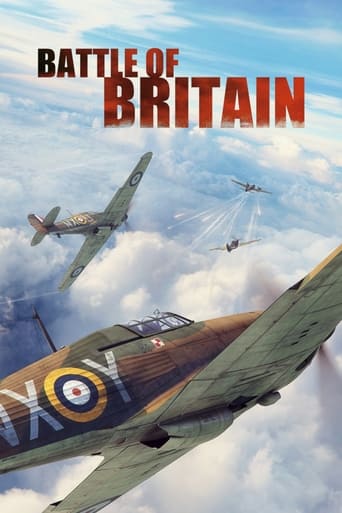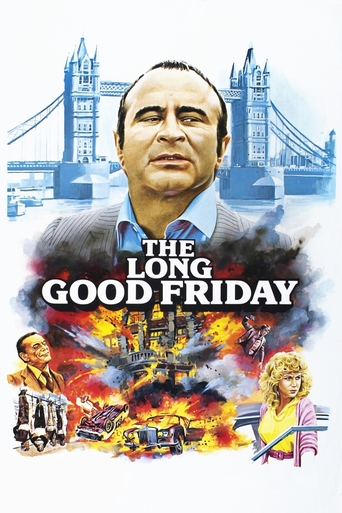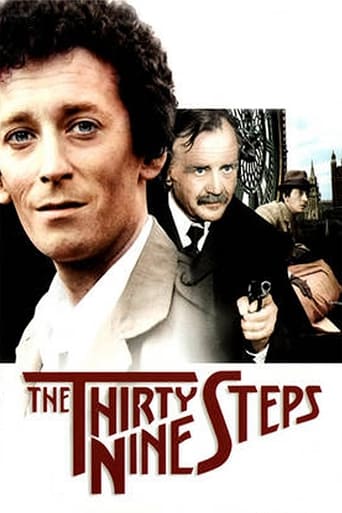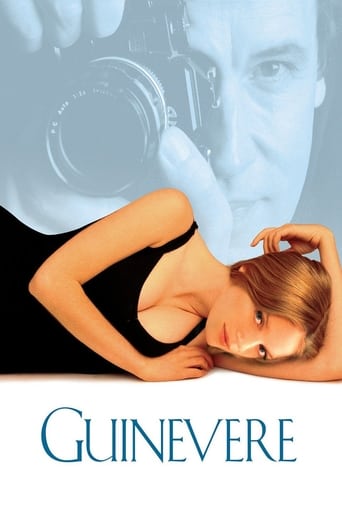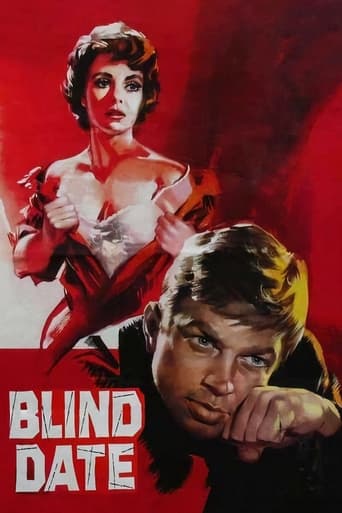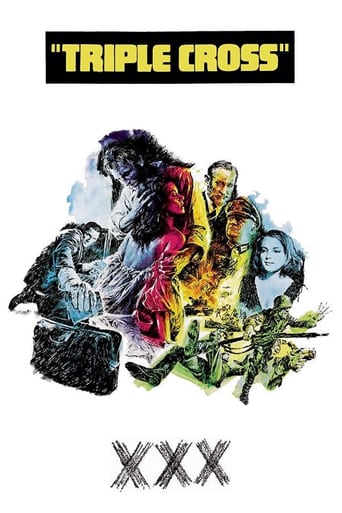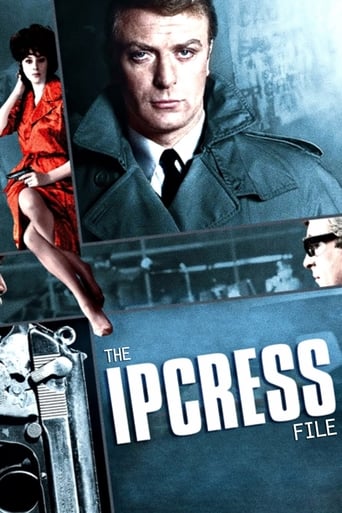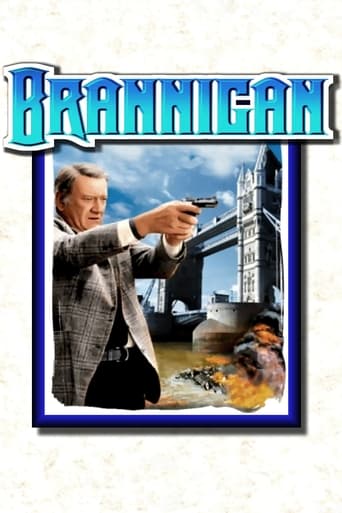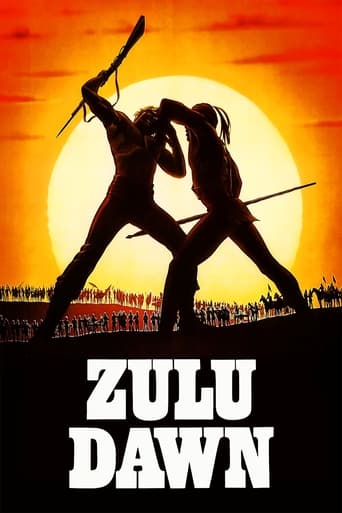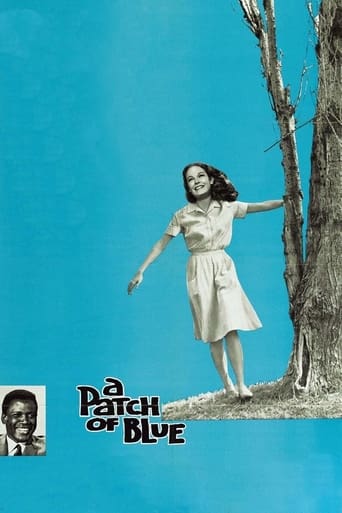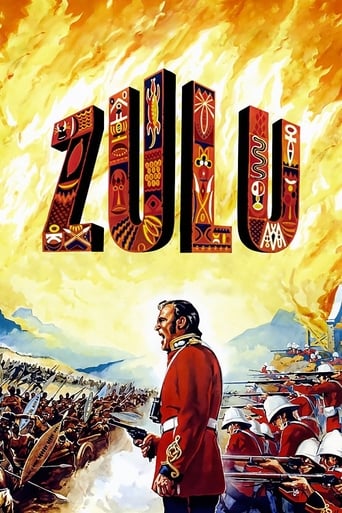


Zulu
In 1879, during the Anglo-Zulu War, man-of-the-people Lt. Chard and snooty Lt. Bromhead are in charge of defending the isolated and vastly outnumbered Natal outpost of Rorke's Drift from tribal hordes.
-
- Cast:
- Stanley Baker , Jack Hawkins , Ulla Jacobsson , James Booth , Michael Caine , Nigel Green , Paul Daneman


Similar titles
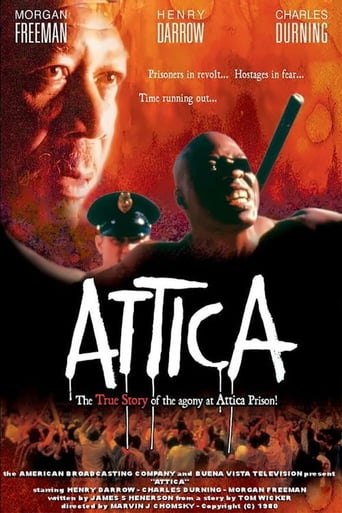
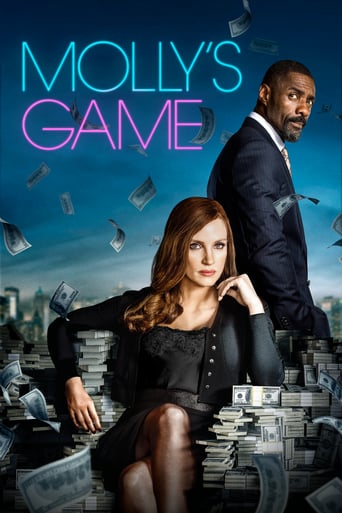
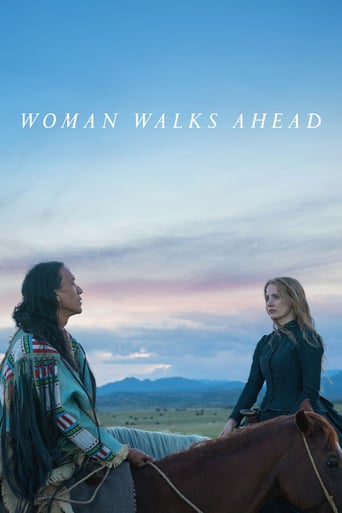
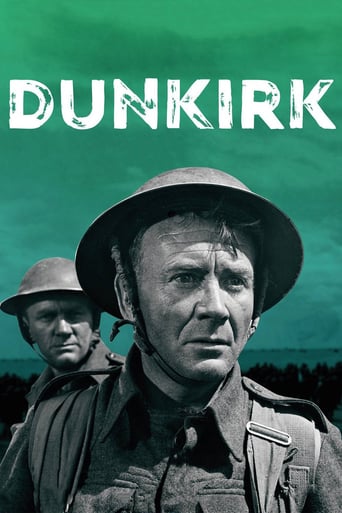
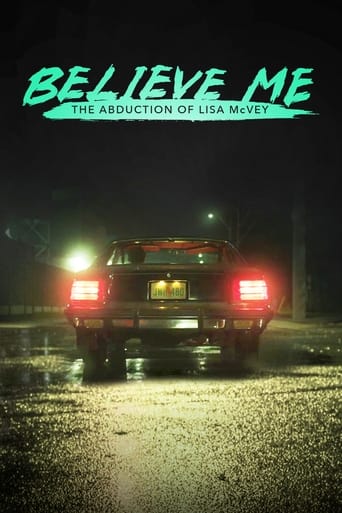
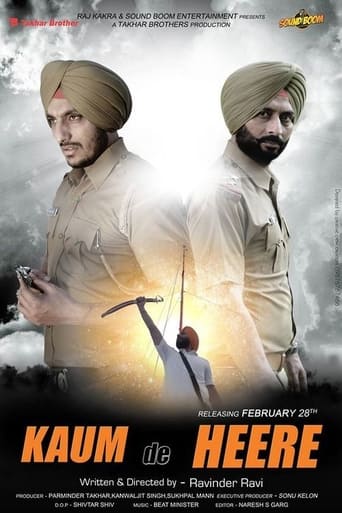
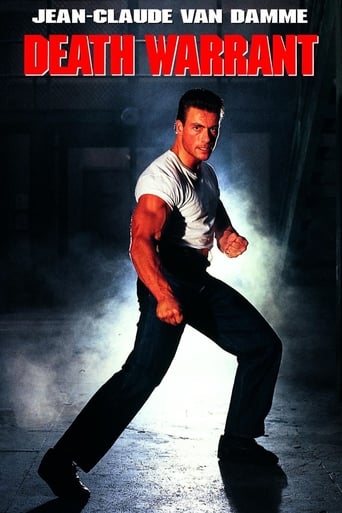
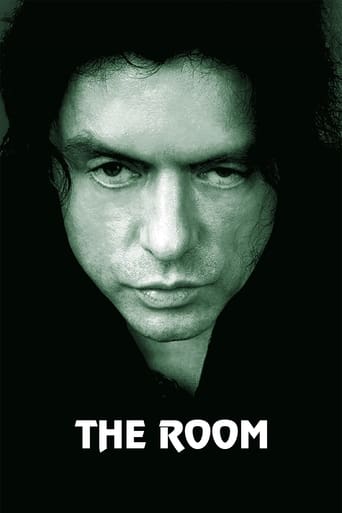
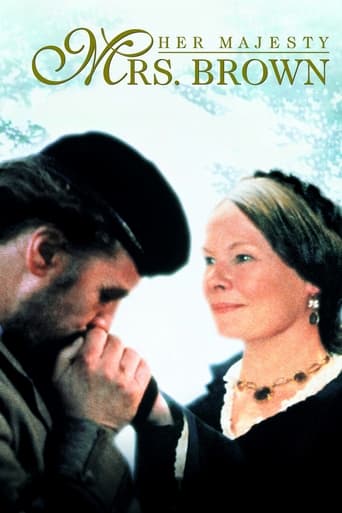
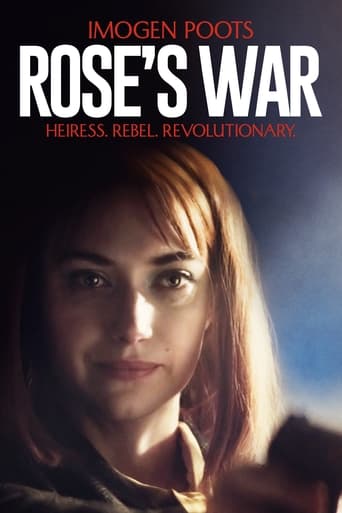
Reviews
Don't listen to the Hype. It's awful
Crappy film
This is one of the best movies I’ve seen in a very long time. You have to go and see this on the big screen.
All of these films share one commonality, that being a kind of emotional center that humanizes a cast of monsters.
Although he had been acting in movies since at least 1956, it was not until 1964's Zulu that Michael Caine was officially "introduced". Caine has a fair-sized role too, but is nevertheless required to play a distinct second fiddle to Stanley Baker throughout and he is also upstaged by some of the other players, particularly Jack Hawkins as a drunken, pushy preacher whose rather dubious theology is treated with a surprising respect. Ulla Jacobsson is wasted in a small role as the daughter of the Jack Hawkins character.. On the other hand, the movie is full of merciless action and certainly has its share of suspense. All told. there's no doubting the skill with which Zulu was made, but it's not a film to stir the imagination. (The M-G-M DVD rates 10/10).
ZULU is a war drama, which brings a bloody clash between a small company of British troops and an overwhelming force of Zulu warriors. A insensitive story and an archaic tone may not be true. However, this is a fairly accurate report on a historical incident, which fosters a kind of traditional values. I think that an artificial melodrama and an occasional theatricality did some damage in the story. Zulu is a kind of recreation of the January 22, 1879, siege of Rorke's Drift in Natal, Africa. The army of 4 000 Zulu warriors destroyed a huge British garrison at the Battle of Isandlwana. Thereafter, they move to a small Rorke's Drift. A Royal Engineers officer is determined to stand his ground, despite having only a skeleton garrison at his command. He is in a quiet conflict, in terms of tactics, defense and eventual withdrawal, with an inexperienced lieutenant. An idealistic missionary and his beautiful daughter, can also pose a problem. Zulu warriors are getting closer...In this case, in addition to standard courage and unconvincing discipline, British troops exhibit a fear and disbelief. That is a very interesting contrast. I do not believe that the colonial expansion of some of the world's great powers, can bring a strong message. However, I've reviewed the film from some of my corners, which are related to that topic.An authentic scenery is perhaps the biggest advantage of this film. The battle is, regardless of theatricality, realistic. The costume design is top notch. The visual and sound effects are not bad. A constant tension is riddled with cunning interruptions, such as ritual dances or black comedy situations.Stanley Baker as Lieutenant John Chard has got into something big. However, he has responded well to the task, but his courage and willingness are highly questionable. Michael Caine as Lieutenant Gonville Bromhead is inexperienced, but still calm and brave in the most difficult situations. Nigel Green as Colour Sergeant Frank Bourne is a traditional, solid and equal arm of one commander. Mr. Green has offered a very good performance. James Booth as Private Henry Hook is a thief and coward, and perhaps the man who has seen enough of war and killing. Jack Hawkins as Reverend Otto Witt is intoxicated by religion. His anxious daughter (Ulla Jacobsson) is torn in all directions.The Zulus instead sing a song to honour the bravery of the "defenders" before departing. Reason has prevailed, at least on one side. Others will enjoy the delusion of victory.
I felt like I was hit by an Iwisa. This periodic war-film from the 1960's, really did make an impact on me. Directed by Cy Endfield, the movie tells the epic account of the true story of an under-strength British forces defending an isolated African mission at Rorke's Drift against large packs of Zulu warriors, during the Anglo-Zulu War of 1879. Without spoiling the movie, too much, I have to say, the depiction of the Battle of Rorke's Drift was amazing to watch. It's like the British's version of the Western genre. The beautiful landscape of South Africa was used very well. You really get the scale of how large, the Zulu army is and how small, the British forces, by the way, the camera frame, its endless hills and mountains. Yet, the movie doesn't really show or explain, why the Zulus and British were fighting. There was no mention of the British wanting greater control over non-renewable natural resources like Diamonds or how the Zulus felt unjustly treated by the colonial regime. Still, I like how the film doesn't do many cheap tricks to demonize, either one side. The film could had easily, portray the Zulus as killer hordes of savages; seeing how this movie was made, during the height of apartheid, where the rights, associations, and movements of the majority black inhabitants and other ethnic groups were curtailed, and white minority rule was maintained. However, the film doesn't do that. You see the Zulus be willing to allow the missionaries families to escape the battle, as well, punish its own members, for trying to stop them from fleeing. Yet, I wish the movie didn't make it seem like the Zulus were the invaders, when in truth, the British were. In real events, King Cetewayo (Chief Mangosuthu Buthelezi) was hoping for negotiated peace with the British after the Battle of Isandlwana. After all, King Cetewayo didn't want to attack Rorke's Drift as it would make him, seem like an aggressor to the British public, as the Drift was nowhere near the borders of Zululand and there was no military value to it. Yet a party of some 4,000 Zulu reserves mounted, such of an attack. However, after King Cetwayo heard about it, the Zulus were forced to retreat after one day of battle, not because of show of respect to British for their bravery. The unauthorized of the attack is one of the true reasons, why the Zulus retreat, along with lack of supplies. It's one of the bigger historic inaccurate that the movie got wrong along with the British death count, which was 17. Another is the battlefield singing contest. While, I dig it, as a powerful scene in the movie, it's not really historical accurate as there were no much event, recorded. Another thing, the song "Men of Harlech" features prominently as the Wales's regimental tune; did not become the official march song until much, much later in the First World War (1914-1918). In the time of the battle, the regimental song was "The Warwickshire Lad". Another thing, while both Lieutenant John Chard (Stanley Baker) of the Royal Engineers & Lieutenant Gonville Bromhead (Michael Caine), an infantry officer were heroic. In truth, the real hero of Rorke's Drift was Commissary James Dalton (Dennis Folbigge). It was Dalton who persuaded Chard and Bromhead to remain at Rorke's Drift when their first instinct was to abandon the post, and it was Dalton who organized and inspired the defense. Despite that, I think, both actor, Stanley Baker and Michael Caine did great in their roles in the action scenes, even if the real-life Bromhead is supposedly deaf and Chard was a heavy smoker. I also love the down to earth complex relationship between common-man, Chard with that, Brownhead's pompous aristocrat. I like how the film, makes them, likable, even with their questionable decisions. I just wish the writers did the same with Reverend Otto Witt (Jack Hawkins). All of his scenes were a little bit, too annoying. Despite that, I think, Jack Hawkins did great in his acting. The same goes with the rest of the supporting cast like Glynn Edwards and James Booth, even with their somewhat hard to hear, English accents. They did great in showing the anti-war sentiment, while unnecessary fighting in the action scenes. Even the Zulus extras were great in most of the action scenes. I love that majority of them, were largely descendants of the actual warriors who took part in the battle, among them the then chief of the Zulu Nation, Chief Mangosuthu Buthelezi. Seeing, none of the Zulus had ever seen a movie, it was difficult for them to understand what they were doing playing to a camera, but somewhat they pull it off. I just wish, some of the hand to hand combat were better. It really didn't look like some of the spears and swords were making skin connect. It's obvious with the fake-looking rubber bayonets that many of the close-combat scenes are done with more regard to safety than realism. The gun fight instead was very intense, not only by sight, but also by sound. I love the rattling of shields; and the thunder of marching feet. It really made the Zulus army, seem so much more powerful than they really were. The stirring music score is by John Barry was also amazing. Yet, the narration by Richard Burton could had done before. I felt like it wasn't really needed, even in the end. It's also just funny, that this movie was originally rated PG, seeing how much blood, and high death toll, it has. Plus, the fact that it has topless tribal dancers. I just glad, the producers didn't censored any of this. It adds to the realistic tone of the film. Overall: Filmed on a grand scale, Zulu is a rousing recreation of real-life events. A must watch for any film fan.
Zulu is one of my all time favorite films. My dad took me to see it when it first came out in the '60's. It's a film I watch at least once a year, but this year I have watched it twice over the holiday due to the poor TV schedule. The interplay between the main characters is extraordinarily good. Jack Hawkins, who plays the vicar and Nigel Green are my favorites. But there are many scenes with other characters that lead up to the main event, the Zulu attack. This film is based on an actual historical event in Africa and it's as well to be aware of them. The great thing is that IMDb carries information concerning the back story for making the film and the actual historical characters. If you have not seen this film, it is heartily recommended.

